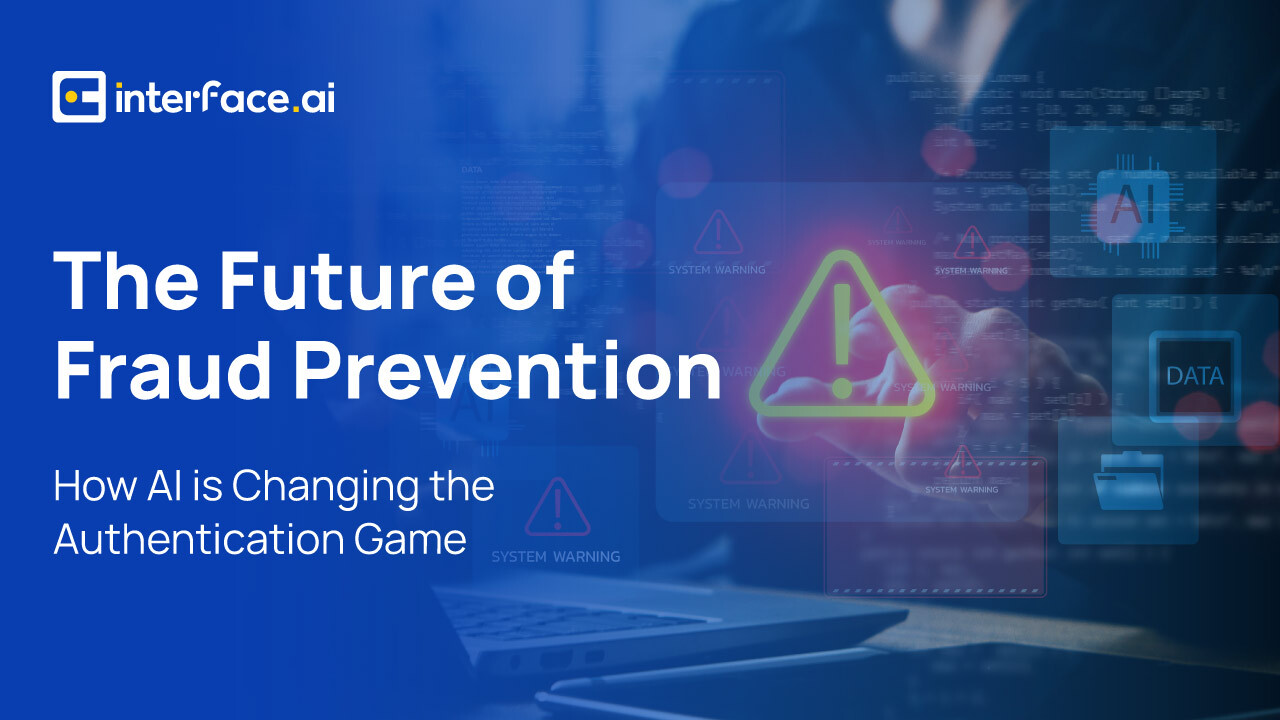Call Center AI in Banking: From Cost Center to Growth Engine
For years, call centers in banking have been viewed as essential but expensive – a necessary function that supports customers but is difficult to scale without adding more people, training, and cost. As call volumes continue to climb and expectations rise, this model has become increasingly unsustainable.
A new approach is emerging.
Advances in call center AI are enabling financial institutions to rethink the role of the contact center entirely. Instead of focusing solely on cost containment or incremental efficiencies, modern AI systems are elevating service quality, strengthening resilience, and unlocking new opportunities for growth.
Call centers are no longer just a cost of doing business. They are becoming one of the most strategic engines for delivering exceptional customer experience.
Why call centers are still treated as cost centers – and why AI is changing is that
For most financial institutions, the call center remains one of the largest and least scalable operational expenses. Costs rise as volumes rise. Staffing struggles translate into long queues. Training and knowledge gaps lead to inconsistent experiences. And spikes — whether caused by fraud, outages, loan programs, or digital updates — destabilize everything.
This model has three defining characteristics:
- It’s labor-intensive: More calls → more people → more cost.
- It’s reactive: Service is delivered only when a customer takes the first step.
- It’s disconnected from growth: Success is measured in speed, not in relationship value.
It’s no surprise the contact center has been classified as a cost center for decades — its structure makes it nearly impossible to scale efficiently.
AI changes this calculus.
Instead of adding people to meet demand, AI adds capacity.
Instead of reacting to issues, AI can anticipate and resolve them.
Instead of simply handling service, AI creates new opportunities for deepening relationships.
Call center AI marks the moment where the contact center stops being a drain on resources and starts generating strategic value – through lower costs, better experiences, and new growth paths.
This is the shift from cost center to growth engine.
How call center AI strengthens efficiency, experience, and growth
The impact of AI in the contact center extends far beyond automation. When designed for banking, it improves service, increases capacity, and enables long-term growth — all at the same time.
1. Lower costs through intelligent automation
By resolving a large portion of routine conversations, AI dramatically reduces the cost per interaction. This allows institutions to avoid constant hiring cycles, reduce overtime, and stabilize operations even as call volumes grow.
2. Faster, frictionless service
Customers expect immediate answers. AI eliminates menus, holds, and transfers by responding conversationally and instantly. Routine identity verification can be completed through natural dialogue. When human assistance is needed, calls are handed off with full context.
The result is less frustration – and higher satisfaction.
3. Stronger resilience during volume spikes
Financial institutions regularly face unpredictable surges, from fraud spikes to system outages. AI absorbs these surges automatically, maintaining service levels and keeping wait times low without adding temporary staff.
4. Scalable service at a sustainable cost
Whether an institution is launching new digital services, entering new markets, or expanding membership, AI ensures the contact center can scale to meet demand – without a proportional increase in staffing.
5. More time for high-value conversations
When AI handles routine requests, agents can focus on complex situations that truly require human expertise. These are the moments that deepen relationships and differentiate the institution’s brand of service.
6. Turning customer needs into growth opportunities
AI can recognize when a customer may benefit from a different credit card, a refinance option, or a relevant financial product — and surface these insights to agents or provide context during the interaction. These recommendations feel natural because they’re tied to actual intent, not scripted pitches.
7. Insights that shape better CX
Every interaction creates valuable data. AI identifies trends in customer behavior, recurring issues, and opportunities to improve digital banking experiences. Leadership gains a clearer understanding of where customers struggle and what they need next.
Together, these capabilities illustrate why call center AI has moved from a cost-saving tool to a strategic advantage.
Real-world results: How call center AI delivers impact in credit unions and community banks
Case Study: Securityplus Federal Credit Union
Challenge: To replace legacy IVR being sunset with an AI-powered call center system
Result: 84%+ call automation, 92% member adoption, 6% membership growth
Case Study: WEOKIE Federal Credit Union
Challenge: Overwhelmed contact center, long wait times, heavy attrition.
Result: 66% call automation, $800K+ annual savings, Wait times cut from 20–30 minutes to under 30 seconds
Case Study: Bank of Guam
Challenge: Rising call center volume damaging customer experience.
Result: 300 hours saved per month, 76% chat containment, 46% decrease in wait times
Wrap-up
Traditional IVRs no longer meet the needs of today’s members. Voice AI from interface.ai empowers credit unions to automate routine inquiries, improve containment, and deliver faster, more personalized service.
Ready to move beyond traditional IVRs? Dive deeper into the hows of switching from IVR to Voice AI.
AI Insights for Credit Union & Community Bank Leaders
Join the monthly newsletter for all the latest industry updates
You might also like

How Securityplus FCU Turned Automation into Growth with Voice AI
Paid
Members
Public
For Securityplus Federal Credit Union, great member service has always been the foundation of growth. But as call volumes increased and member expectations rose, the team realized that delivering personal, high-quality support required…

The Future of Fraud Prevention: How AI is Changing the Authentication Game
Paid
Members
Public
Fraud is no longer a side battle – it’s a technological arms race. As AI empowers fraudsters to mimic voices, craft perfect phishing scripts, and bypass static security systems, traditional authentication methods are…
AI Insights for Credit Union & Community Bank Leaders
Join the monthly newsletter for all the latest industry updates